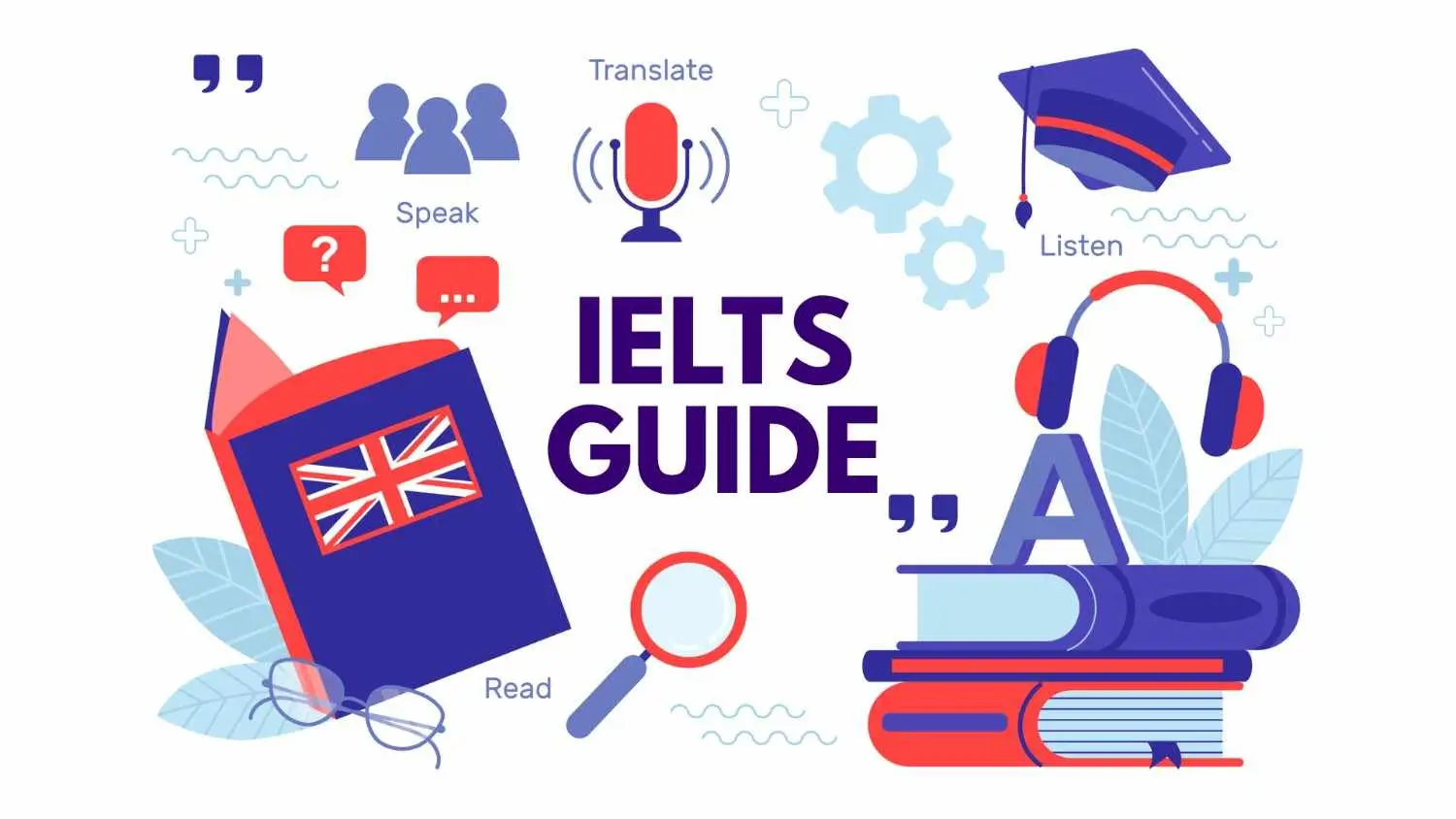Math anxiety is a common issue that many students face, often leading to a cycle of fear and avoidance that hinders their ability to succeed in mathematics. Understanding the roots of math anxiety and implementing effective strategies can help students overcome this barrier and develop confidence in their math skills. In this blog post, we’ll explore what math anxiety is ? its causes, and practical strategies to combat it.
Understanding Math Anxiety
Math anxiety is a feeling of tension, apprehension, or fear that interferes with math performance. It can manifest as physical symptoms such as sweating, nausea, or a racing heart, as well as mental blocks and avoidance behaviors. This anxiety can stem from various sources, including past negative experiences with math, societal stereotypes, and a fixed mindset about one’s math abilities.
Causes of Math Anxiety
- Negative Past Experiences: A history of poor performance or negative feedback in math can lead to a fear of failure and a lack of confidence.
- Societal Stereotypes: Cultural stereotypes that suggest some people are naturally “bad at math” can contribute to self-doubt and anxiety.
- Fixed Mindset: Believing that math ability is innate and unchangeable can discourage effort and persistence, leading to anxiety when faced with challenges.
- High Stakes Testing: Pressure to perform well on standardized tests and exams can exacerbate anxiety, creating a stressful learning environment.
Strategies for Overcoming Math Anxiety
1. Develop a Growth Mindset
A growth mindset, the belief that abilities can be developed through dedication and hard work, is crucial for overcoming math anxiety. Encourage students to view challenges as opportunities for growth rather than threats. Emphasize that making mistakes is a natural part of the learning process and that effort leads to improvement.
2. Create a Positive Learning Environment
Fostering a supportive and non-judgmental classroom atmosphere can help reduce anxiety. Teachers and tutors should focus on positive reinforcement and celebrate small successes. Creating a space where students feel safe to ask questions and express confusion can alleviate fear and build confidence.
3. Practice Mindfulness and Relaxation Techniques
Incorporating mindfulness and relaxation exercises into the learning routine can help students manage anxiety. Techniques such as deep breathing, visualization, and progressive muscle relaxation can reduce physical symptoms of anxiety and improve focus.
4. Use Varied Teaching Methods
Different students learn in different ways, so incorporating a variety of teaching methods can help make math more accessible. Visual aids, hands-on activities, and real-world applications can make abstract concepts more concrete and engaging. Technology, such as educational apps and interactive tools, can also provide alternative ways to understand and practice math.
5. Break Down Problems into Smaller Steps
Math problems can often seem overwhelming, contributing to anxiety. Teaching students to break problems into smaller, manageable steps can make them less intimidating. This approach helps students focus on one part of the problem at a time, reducing the overall sense of difficulty.
6. Encourage Regular Practice
Regular practice helps build familiarity and competence in math, which can reduce anxiety over time. Encourage students to practice math daily, even if only for a short period. Consistent practice reinforces skills and boosts confidence.
7. Provide Constructive Feedback
Constructive feedback helps students understand their mistakes and learn from them. Instead of focusing on what was done wrong, emphasize what can be improved and how. This positive approach to feedback encourages a growth mindset and reduces fear of failure.
Conclusion
Math anxiety is a significant barrier to success for many students, but it can be overcome with the right strategies and support. By fostering a growth mindset, creating a positive learning environment, and using varied teaching methods, educators and parents can help students build confidence and competence in math. Remember, overcoming math anxiety is a gradual process that requires patience, persistence, and a supportive approach.
Final Note
At Appoint Tutor, we understand the challenges students face with math anxiety. Our experienced tutors are dedicated to providing personalized support and effective strategies to help students overcome their fears and achieve their academic goals. Whether through home or online tutoring, we are here to help students build a strong foundation in math and develop the confidence they need to succeed. Visit our website today to learn more and schedule a session. By implementing these strategies and seeking professional support when needed, students can transform their math anxiety into math confidence, paving the way for academic success and a positive attitude towards learning




